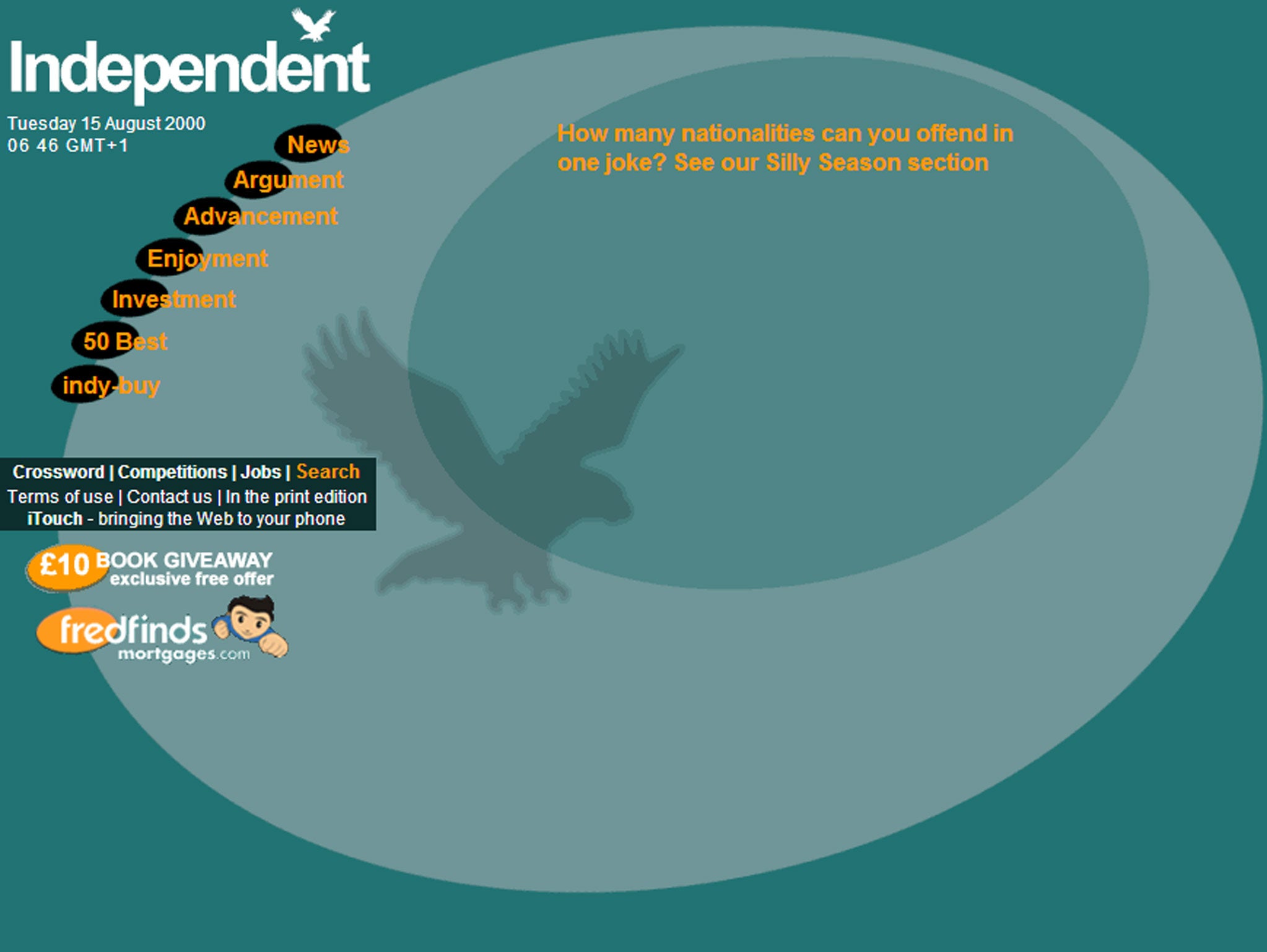The Web is 25: Let's look at some baby photos of your favourite websites
'I remember when all this was hyperlinks'

Twenty five years ago today a young computer engineer named Tim Berners-Lee working in a physics lab in Switerzland submitted a paper titled “Information Management: A Proposal”.
This paper would lay out the foundations for what we know as the world wide web – though at the time the only feedback that Berners-Lee received was that the idea was “vague but exciting”. We can only assume he forgot tell them all about the coming abundance of cat pictures.
Before we go any further though we should point out that the internet is not the web. The internet is the vast network that connects computers together while the World Wide Web is, well, it’s all the websites you look at.
Other things run on the internet too (Skype or BitTorrent for example) but the web is the system that uses various rules created by Berners-Lee, including HTTP (Hyper Text Transfer Protocol – this controls how servers, the machines that store the data you look at, talk to computers) and HTML (Hyper Text Markup Language – this dictates how the webpages themselves look).
With that little caveat out the way, in honour of the web's 25th birthday we thought we'd break out the baby photos of some of the most visited websites in the world. We didn't always live in the age of smooth graphic design - and it's worth remembering that the web itself used to be as clunky and awkward as something you might write up yourself in Word.
We'd also like to point out that The Independent's early website made the list with the tag-line, now regrettably retired, of "Great Minds Don't Click Alike". Also on the front-page at the time was a story about North Korea headlined "Kim 'joking' about axeing arms test":
"Kim Jong Il, the ruler of North Korea, confirmed his reputation as one of the world's least predictable leaders when he said he was joking when he offered to suspend his country's missile programme in return for foreign help starting a space programme," wrote Richard Lloyd Parry in August, 2000. Some things, it seems, never change.
Join our commenting forum
Join thought-provoking conversations, follow other Independent readers and see their replies
Comments